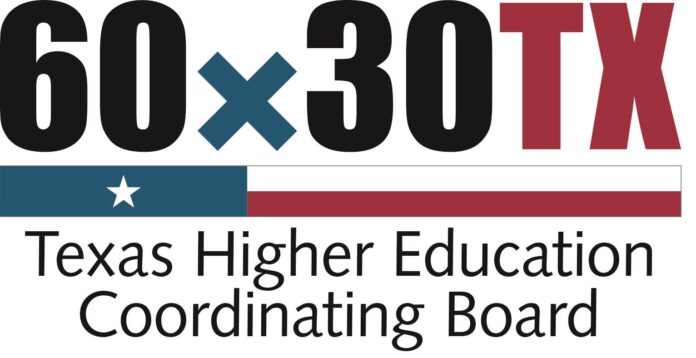More money could be on the way for the state’s community colleges with reskilling and upskilling grants and financial aid for workforce programs.
State Commissioner of Higher Education Harrison Keller said the Texas Higher Education Coordinating Board received 48 applications. There are 50 community colleges in Texas, but some applied as consortia, some as individuals and some as both.
“Those have to be reviewed and scored and then we’ll make those awards to institutions, but it looks like the community colleges are really stepping up. This is around providing some targeted funding … for them to either expand or establish short-term programs to help people reskill and upskill,” Keller said in a phone interview Friday.
He added that he’s excited about that.
“We’ve got a couple more calls for proposals that will be coming out on financial aid, including financial aid for workforce programs and then a broader call on expanding short-term programs across higher education so that’s community and technical colleges, universities, even our health science centers around expanding programs for people to train as front line health care workers, including nurses, for digital skills and for data analytics. That call for proposals will be out in the next couple of weeks, so we’re focused on that,” Keller said.
Keller said the Coordinating Board also is continuing its work to update higher education goals.
“At the October board meeting, we’ll present a new framework for refining our higher education goals hopefully so there’s a better alignment with what the state needs now just in terms of educated workforce. Then of course the legislature’s in session, so we’ve got a lot we’re working on at the agency and then the legislature is in special session and they’re deliberating about how to redraw district lines. Higher education comes up in these funding discussions about potentially allocating funding to higher education from some of the $16 billion in coronavirus relief funds that the state has available,” he said.
The state Senate on Friday released a proposal that has a couple of provisions for expanding services around mental health and higher education facilities.
“So there’s a ton of stuff going on and it’s just this week,” Keller said.
The reskilling and upskilling grants could be focused on people who stopped out of college but want to return. However, Keller said it’s not restricted to them.
“… We have put some financial aid out there and there will be another round of financial aid that’s coming … where there’s specific emphasis on that population, but again, it’s not exclusive to them because we have so many Texans who are going to need to reskill and upskill,” he added. “The expectations in the labor market have changed faster than anybody anticipated.”
Even as jobs have come back, Keller said, they look different. There are different expectations.
“There’s more technology that’s incorporated and that’s happening faster than anybody anticipated, so (there) are hundreds of thousands of people that are going to need to reskill or upskill. Upskilling might be just a short-term program that could help folks either get a better job, (advance) their careers or maybe get a different kind of job that’s got a stronger career path for them,” Keller added.
In the next week or so, the agency will have a request for applications to provide some additional targeted financial aid, especially for the short-term programs in front line health care, digital skills and data analytics.
The $3.5 trillion proposed federal budget reconciliation bill includes a proposal for free community college.
Keller said states can opt into America’s Promise.
“Now it’s not free for states. The idea is that the federal government would pay 100 percent of those projected costs for the first year and then would pull back its support, so it requires a pretty substantial commitment from states to participate,” he said.
“And for Texas, it would be hundreds of millions of dollars … It looks like it is set up on the same model that the federal government had proposed around Medicaid expansion where states can opt in (and) draw down additional federal dollars, but they also have to make a pretty substantial commitment at the state level to be able to access (those funds),” he said.
Since the bill hasn’t passed and no one knows what the final form will look like, Keller said it was premature to speculate on whether Texas would opt out.
On community college funding, Keller said a bill passed the legislature that creates a community college finance commission. The governor appoints the chair and three members of that commission, then there are three members that will be appointed by the lieutenant governor and speaker.
Brian Jones, director of professional learning at Odessa College, has been named to the commission.
Keller said the commission has a pretty broad set of charges to look at. Woody Hunt of El Paso has been appointed as chairman by Gov. Greg Abbott.
“He’s an excellent pick for that role because he’s got a long track record of leadership around higher education,” Keller said. “… He’s been passionate about higher education issues for many years and so has deep experience and personal knowledge on these issues.”
Keller said community college finance hasn’t gotten this kind of in-depth examination in recent history.
“… This will be an important opportunity to take a hard look at how the state funds community colleges and how the funding system aligns and doesn’t align with what the state needs from its community colleges, so this is going to be an important project over the next several months,” Keller said.




